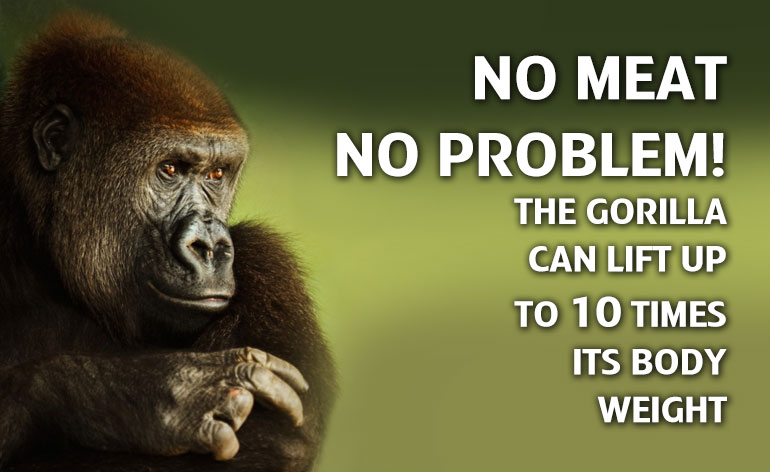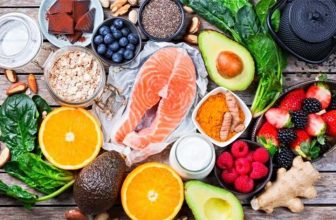
Having a positive mindset is the first step to an amazing 2017. How about adopting the same sassy attitude that the avocado had 12 months ago: I am going to own this year! The ‘avocado boom’ represents a shift in the public’s perception of health and wellbeing. We know that our bodies deserve better and that it’s time to take action; new year, new vegan you perhaps? As a new vegan you are likely to receive both questions and criticisms. No need to go into defence mode, rather inform, educate and mutually respect others’ life choices. Read on for our Top 3 Vegan Diet Criticisms Solved!
1. How do you get your protein?
Lord Voldemort and Harry Potter, The Joker and Batman, Protein and The Vegan. Protein has been painted as the nemesis of vegans, but this is not the case. Vegans get their protein from the same place as some of the strongest species on the planet (gorillas, elephants, etc) do: from plants. For more concentrated sources, try tofu, beans and legumes. The WHO (World Health Organisation) recommends protein should equal 5% of the average adult’s daily calories. This is easily accomplished on a vegan diet, through grains, nuts and green, starchy vegetables. As long as you are reaching your recommended calorie intake through these foods, you needn’t worry about your protein intake.
2. Where do you get your calcium if not from dairy?
Cow’s milk, an incomparable source of calcium, good for building strong bones…or so we’ve been told. In actual fact, humans do not absorb the calcium from cow’s milk efficiently. Here’s a bit of science to help explain: our body likes to maintain a pH of 7.4 (the almost exact neutral point between acid and alkaline). Animal products in general are acidic and so the body’s biological response to cow’s milk is to neutralise. Calcium is a very effective acid neutraliser, its biggest store being in our bones. The calcium phosphate is therefore drawn from our bones, neutralises the body, and exits via our urine. Consequently, countries with the lowest consumption of dairy, statistically have less cases of bone fracture. So what is a good source of calcium? Calcium is prevalent in green vegetables, seeds, nuts and of course plant-derived milks.
3. But historically humans have always eaten meat!
Biologically speaking, our features align more with herbivores. Our canines aren’t as sharp as carnivores and our intestines are much longer. This means more time for absorbing the nutrients from plants, but also allows meat time to putrefy (rot) within our system.
Whilst we cannot dispute that animal products have been a part of the human diet for centuries, we can highlight society’s power for change. We were once a population of smokers, unaware of the serious negative health implications. Historically, we accepted slavery, racism and sexism and petroleum powered transport is being gradually switched for eco-friendly electric versions. We must strive to evolve as individuals and share our findings with society.
If you’re considering starting your vegan journey this January we wish you the best of luck! We hope this will help you respond to the critics and if they still don’t respect your choice, remember the words from Taylor Swift: the haters are gonna hate, so shake it off!
Let us know the questions and challenges you’re facing on your vegan quest!









